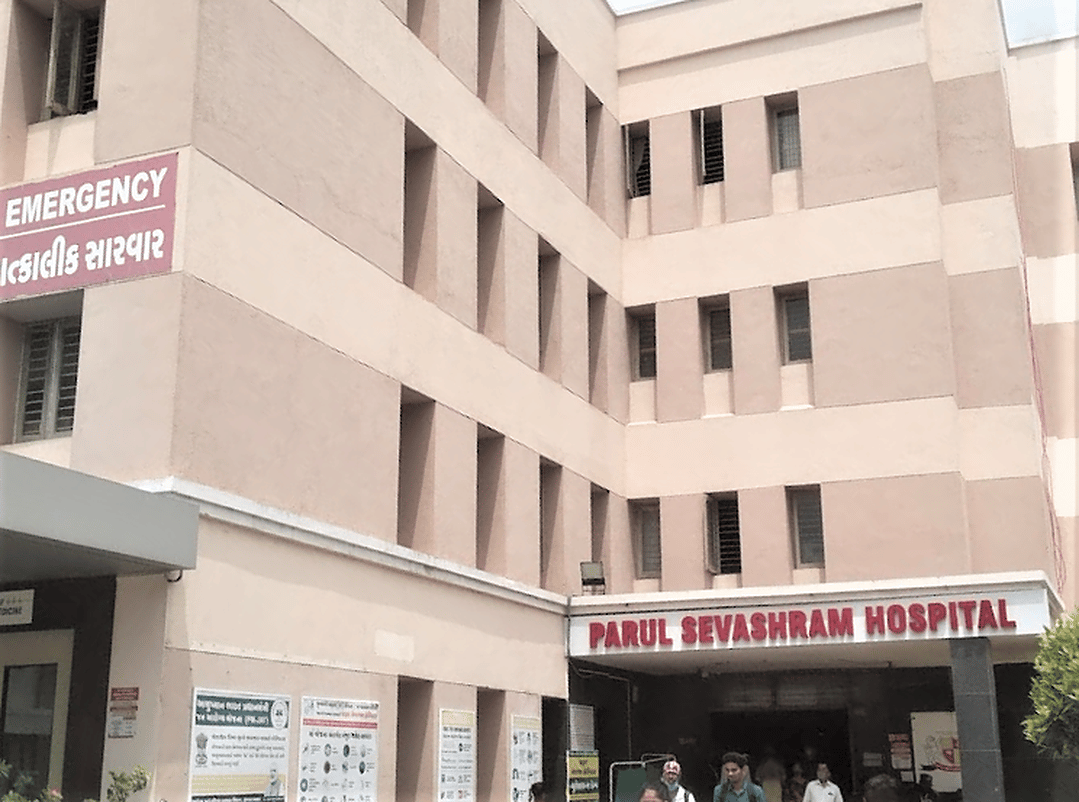- Open 24/7
- psh@paruluniversity.ac.in
- Emergency Contact - 9016668241/9016668136/18008899774

India has an extensive healthcare system. Because of its private hospitals’ low rates and good quality, India is a favourite destination for medical tourists. In addition, India has a universal healthcare system expanding rapidly with emerging trends and innovations.
India has 43,486 private hospitals, 1.18 million beds, 59,264 intensive care units, and 29,631 ventilators. On the other hand, there are 25,778 public hospitals, 713,986 beds, 35,700 intensive care units, and 17,850 ventilators. Private infrastructure accounts for about 62 percent of total health infrastructure in India.
For example, many cities in India are home to multi-speciality hospitals. A Multi-specialty Hospital is one that provides services for all illnesses and disorders and has a highly skilled staff of physicians and experts. The patients are well taken care of, with air-conditioned rooms and canteens on the premises, as well as customised attention.
But there are a vast number of hospitals in India. So, how do you choose the right hospital for you? What should you consider for your healthcare?
1) Excellent Doctors
The most crucial factor to consider while choosing a hospital is the speciality, qualification, and experience of the doctors that work there. When travelling from one location to another to recover from an illness, you must ensure that the person who will be treating you is trustworthy. As a result, you must be well-informed about your doctor. As a result, it is vital to evaluate the doctor’s profiles and ratings.
2) World-Class Infrastructure
The hospital’s infrastructure is also critical. You wouldn’t want to be treated in an unsanitary hospital that lacks the latest medical technologies and tools. The rooms, hygiene, beds, the latest technology used by the hospital and the number of emergency units and ICU beds should all be considered. You should also check to see if there are any 24-hour pharmacies within or near the hospital. Check the availability of WIFI in hospitals as well, so that the patient and his or her attendant may connect with their family and friends in peace.
3) Availability Of Treatment
When choosing a hospital, always go over the list of treatments that the hospital offers to its patients. Examine how sophisticated they are in the specific therapies, as well as the medical tools and technology that are employed. Examine the hospital’s accreditations and determine whether it is a multispecialty hospital that provides primary, secondary, and tertiary care.
4) Medical Staff
Medical assistants that are well-trained and accredited are a vital resource in the ever-changing and increasing healthcare business. Training of medical personnel is critical to benchmark learning and bring uniformity to patient experience for greater penetration of healthcare services in India. A competent workforce is required to run an efficient healthcare business that provides excellent patient care.
5) Timely Healthcar
It is critical to treat dangerous infections or medical disorders as soon as possible since they can rapidly deteriorate and become life-threatening if left untreated. Delaying medical treatment makes linking your injury to the incident/accident more difficult. Personal injury victims must have a clear and continuous chain of medical records that starts immediately after the accident. As a result, a hospital that can deliver timely healthcare might be critical to patient health, especially in emergencies.
6) Medical Insurance
Before travelling from one location to another for medical treatment, it is essential to review the medical insurance plans and the hospitals that they cover. Examine your medical insurance plans meticulously to determine the services that will be supplied, as well as the hospitals and conditions that are covered.
7) Amenities
One of the most significant considerations is the proximity of hotels, restaurants, transportation, and other services near the area. A reputable hospital would include all of these amenities to assist the patient and the family that comes regularly.

